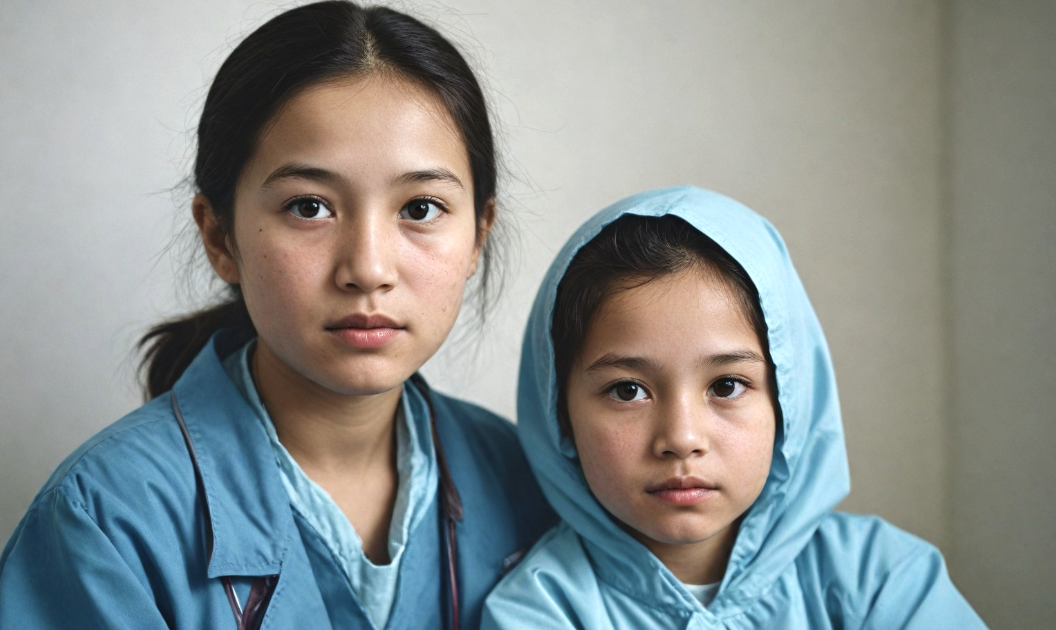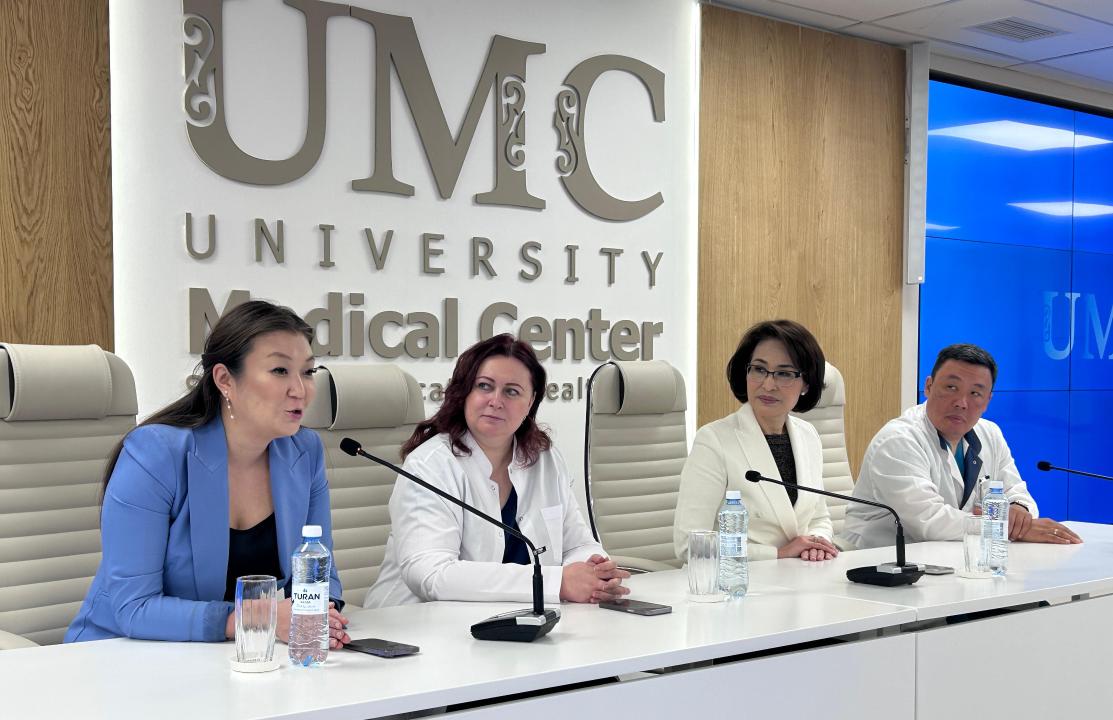Rare, or orphan, diseases are a terrible burden for children and families. They present national challenges for financial protection. Information provided by some P4H Coordination Team members on how the Russian Federation and Kazakhstan address these diseases suggests a P4H Network international technical exchange on this topic should be considered.
Nelly Gilyazetdinova, P4H country focal person at the Center for Healthcare Quality Assessment and Control of the Ministry of Health in Moscow, recently wrote an article about orphan diseases and financial protection in the Russian Federation. In Kazakhstan, explains the P4H coordination desk (P4H-CD) Eastern Europe and Central Asia community manager, the president established a fund called “for the People of Kazakhstan”, of which roughly half goes towards rare, or orphan, diseases.
This topic has garnered the P4H-CD’s interest for several reasons:
- The selection of patients and treatments is based on health technology assessment principles
- Orphan diseases require very expensive treatments, and so pose challenges for financial protection and are often not covered in social health insurance benefit packages
- The responsibility to care for people with these diseases is subject to social pressure and can invoke the legal dimension of the right to health
- The creation of innovative resource mobilization setups or other financial mechanisms might address the challenges of financial protection in the context of orphan diseases
- Treatment of people with these diseases often requires the use of specific drugs that may not be registered in the country
- A country’s health system may lack the services needed to care for these diseases
Orphan diseases and financial protection are areas the P4H Network is exploring. The P4H-CD plans to gather additional information from several countries such as France, Switzerland and countries in Latin America. Possible technical exchanges on the topic are envisaged, in a format to be determined.
The P4H-CD welcomes readers’ comments on ways to address this topic in 2024-2025. Please contact the P4H-CD.



